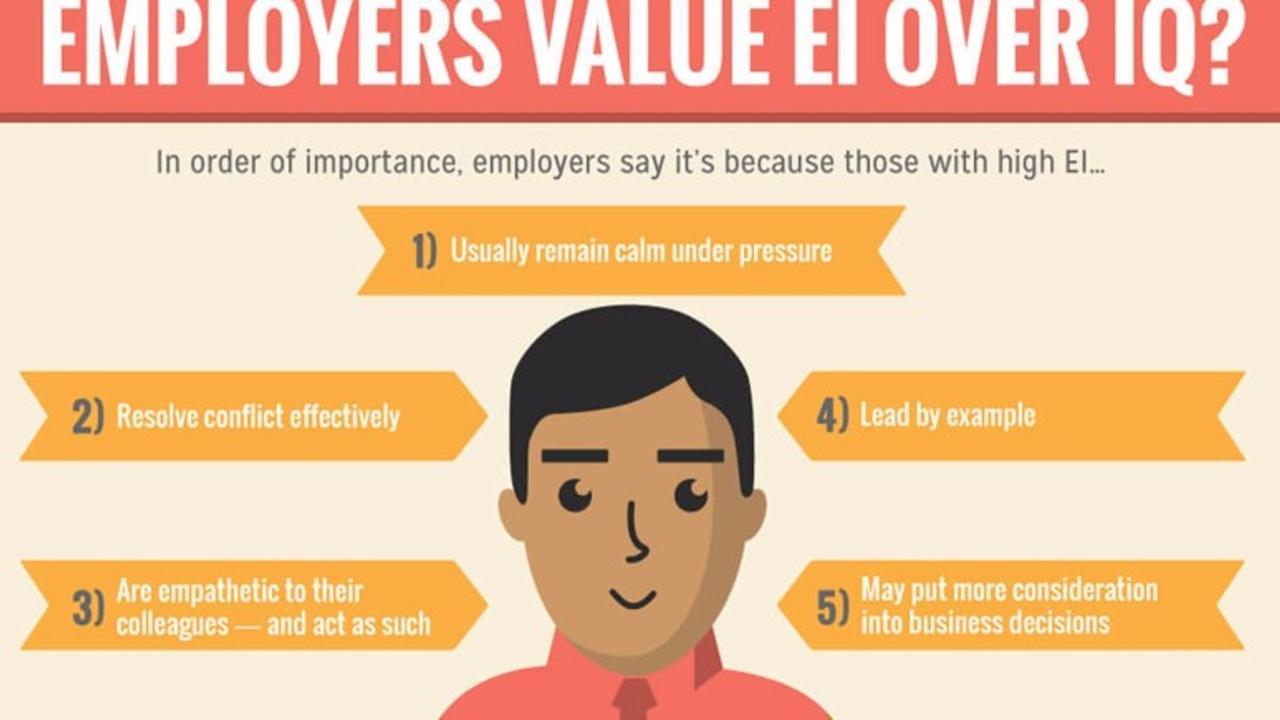How To Outperform Even Your Smartest Competition

Performance is not always measured in how smart you are. It's also measured on how well you communicate, how well you nurture relationships, and how well you respond to certain situations. In other words, performance is measured more by your Emotional Intelligence (EQ) than your Intelligence Quotient (IQ). Let me tell you how your EQ will help you outperform the smartest of your peers. How many times do you truly reflect on yourself? And I mean really digging deep to find out what makes you TICK. How often do you recognize the emotions of others, and what makes THEM tick?
Understanding your EQ (Emotional Intelligence) is a small difference that can make all the difference.
EQ is half about understanding you and half about understanding others. Here are the four parts of EQ: -Self-Awareness (YOU) -Self-Management (YOU) -Social Awareness (OTHERS) -Relationship Management (OTHERS)
Emotions can help you and they can hurt you, but you have no say in the matter until you understand them.
Considering the range of emotions people express, it’s no wonder they can get the better of us. We have so many words to describe the feelings that surface in life, yet all emotions are derivations of five core feelings: happiness, sadness, anger, fear, and shame. As you move through your daily routine—whether you’re working, spending time with family or friends, eating, exercising, relaxing, or even sleeping—you are subject to a constant stream of emotions. It is so easy to forget that we have emotional reactions to almost everything that happens in our lives, whether we notice them or not. Emotional intelligence is your ability to recognize and understand emotions in yourself and others, and your ability to use this awareness to manage your behavior and relationships. Emotional intelligence is the “something” in each of us that is a bit intangible. It affects how we manage behavior, navigate social complexities, and make personal decisions that achieve positive results.
How much of an impact does EQ have on your professional success? The short answer is: a lot! It’s a powerful way to focus your energy in one direction with a tremendous result.
EQ is so critical to success that it accounts for 58 percent of performance in all types of jobs. It’s the single biggest predictor of performance in the workplace and the strongest driver of leadership and personal excellence. The four emotional intelligence skills pair up under two primary competencies: personal competence and social competence. Personal competence is made up of your self-awareness and self-management skills, which focus more on you individually than on your interactions with other people. Personal competence is your ability to stay aware of your emotions and manage your behavior and tendencies. Social competence is made up of your social awareness and relationship management skills; social competence is your ability to understand other people’s moods, behavior and motives in order to improve the quality of your relationships.

